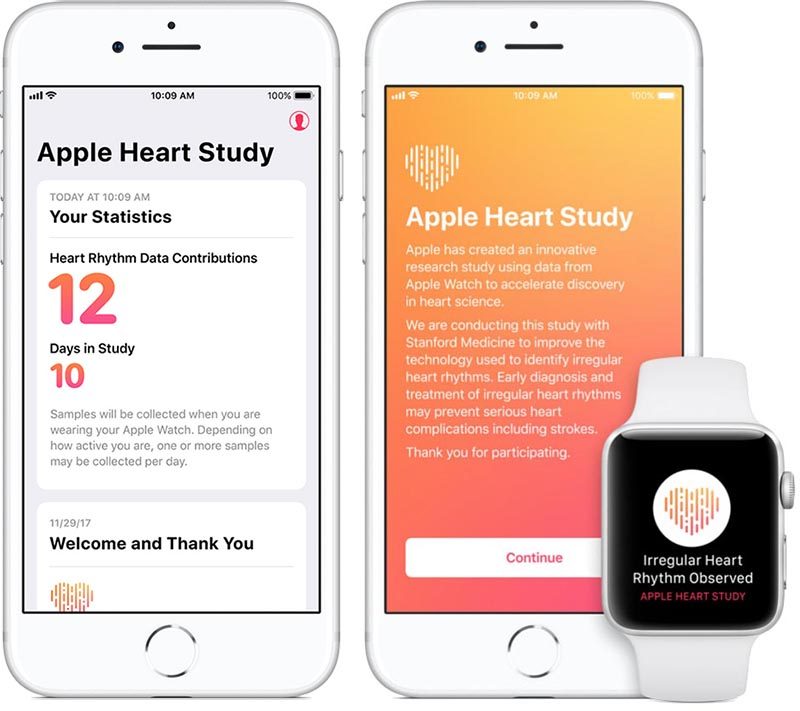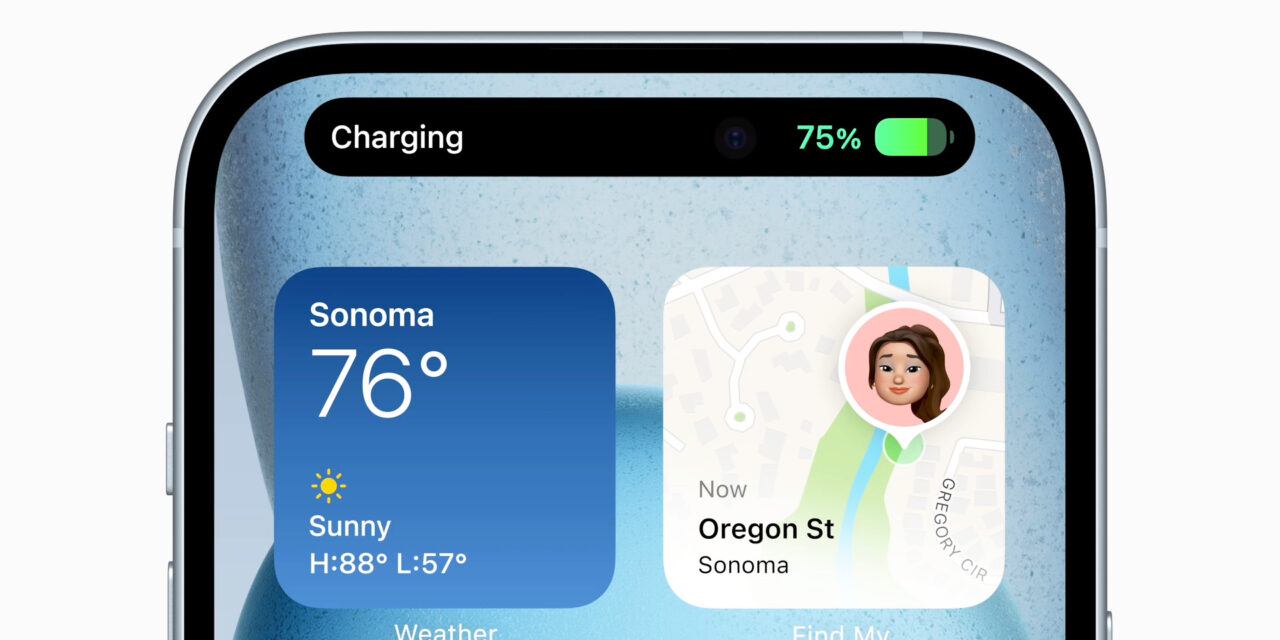Stanford Medicine researchers presented their findings of the Apple Heart Study at the American College of Cardiology’s 68th Annual Scientific Session and Expo in New Orleans today, as noted by Apple in a press release.

Apple and Stanford created the study to evaluate the Apple Watch‘s irregular heart rhythm notification feature, which occasionally checks the wearer’s heart rhythm in the background and sends a notification if an irregular heart rhythm appears to be suggestive of atrial fibrillation.
Over 400,000 people across the United States participated in the study. As part of the study, if an irregular heart rhythm was identified, participants received a notification on their Apple Watch and iPhone, a consultation with a doctor, and an ECG patch for additional monitoring.
Study results showed 0.5 percent of the over 400,000 participants received an irregular heart rhythm notification. Apple says "many participants sought medical advice following their irregular rhythm notification, using the information to have more meaningful conversations with their doctors."
Apple COO Jeff Williams:
We are proud to work with Stanford Medicine as they conduct this important research and look forward to learning more about the impact of Apple Watch alongside the medical community. We hope consumers will continue to gain useful and actionable information about their heart health through Apple Watch.
Apple announced the Heart Study in collaboration with Stanford back in November 2017 and stopped accepting new participants in August 2018.
This article, "Apple Watch Heart Study Finds 0.5% of Over 400,000 Participants Received Irregular Heart Rhythm Notification" first appeared on MacRumors.com
Discuss this article in our forums






Recent Comments